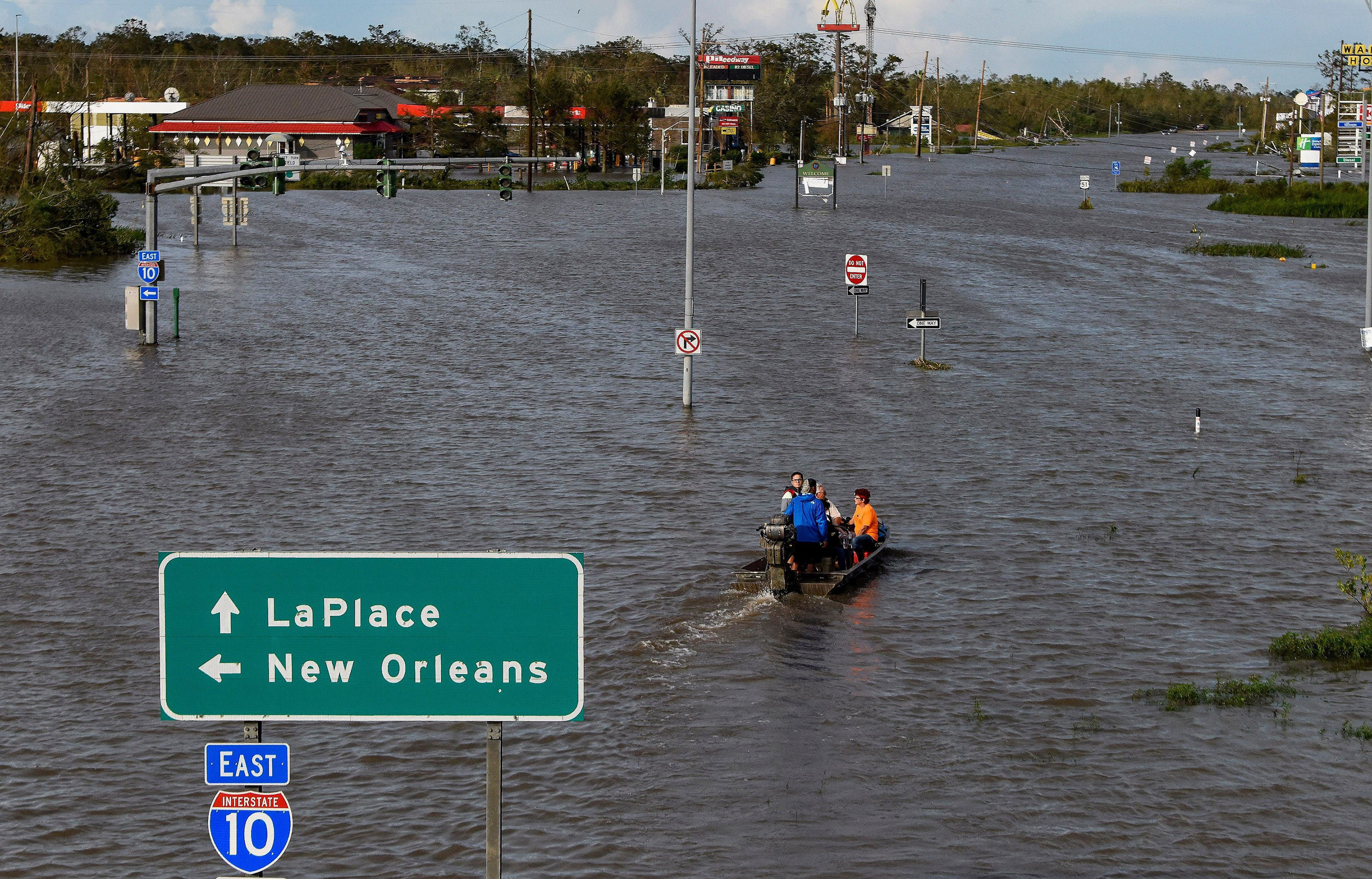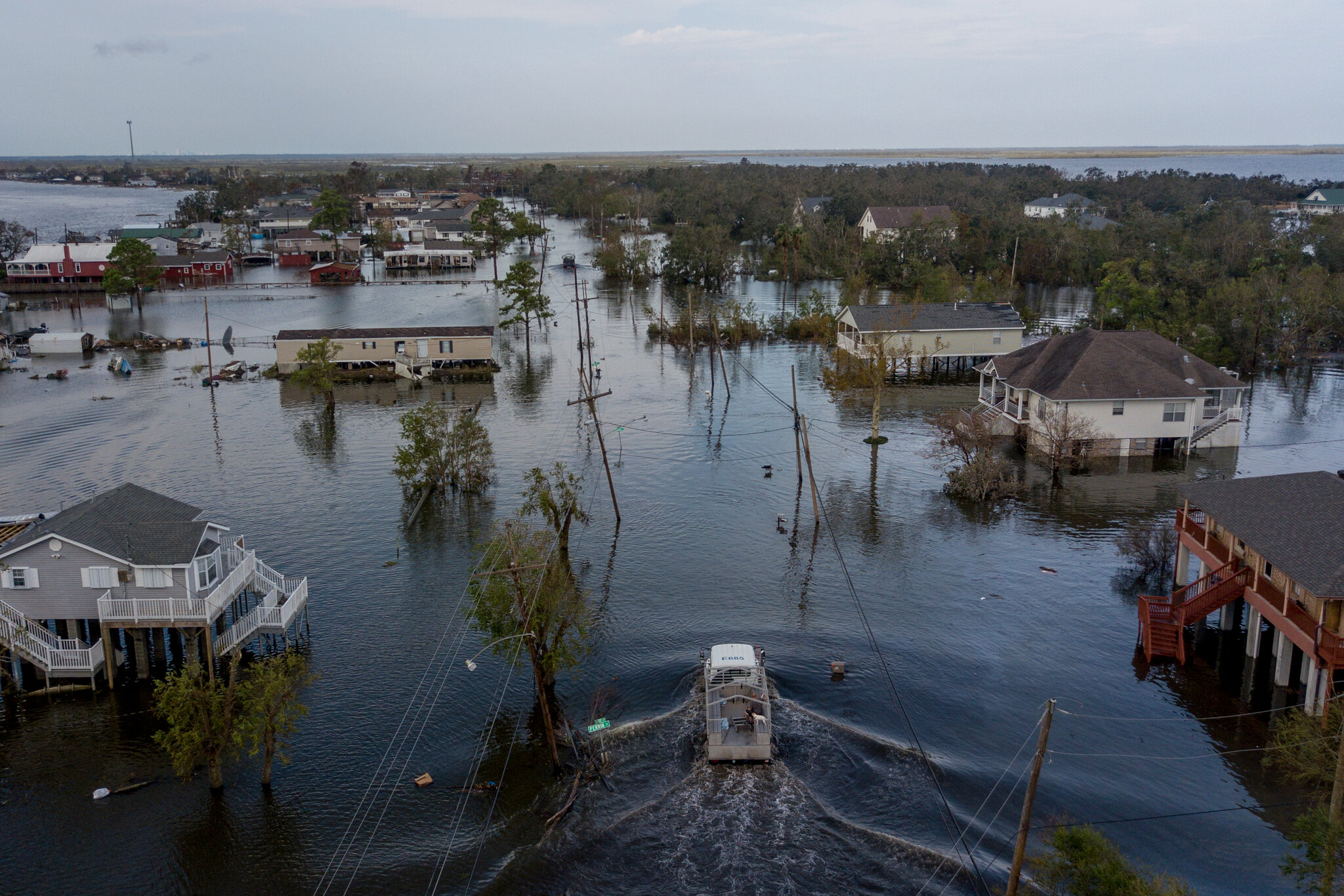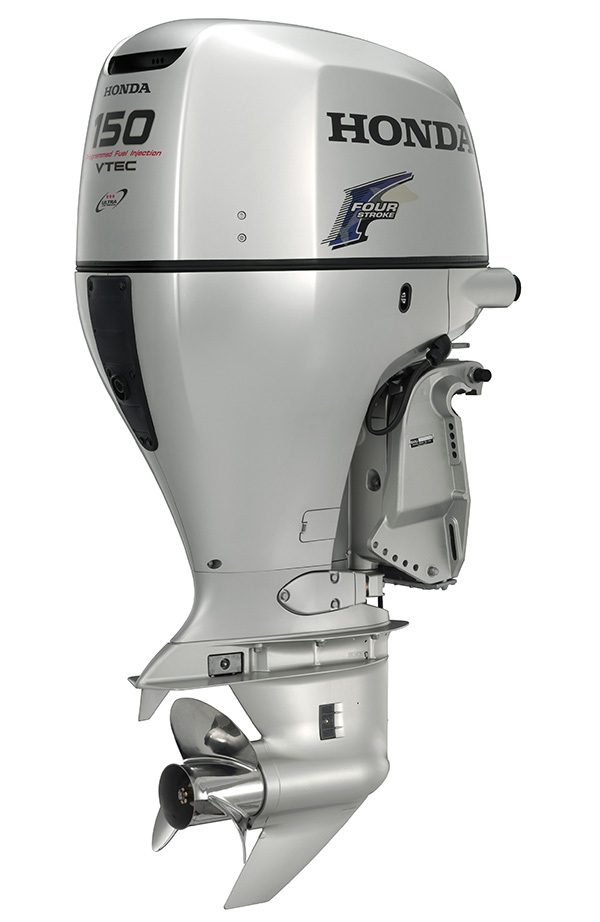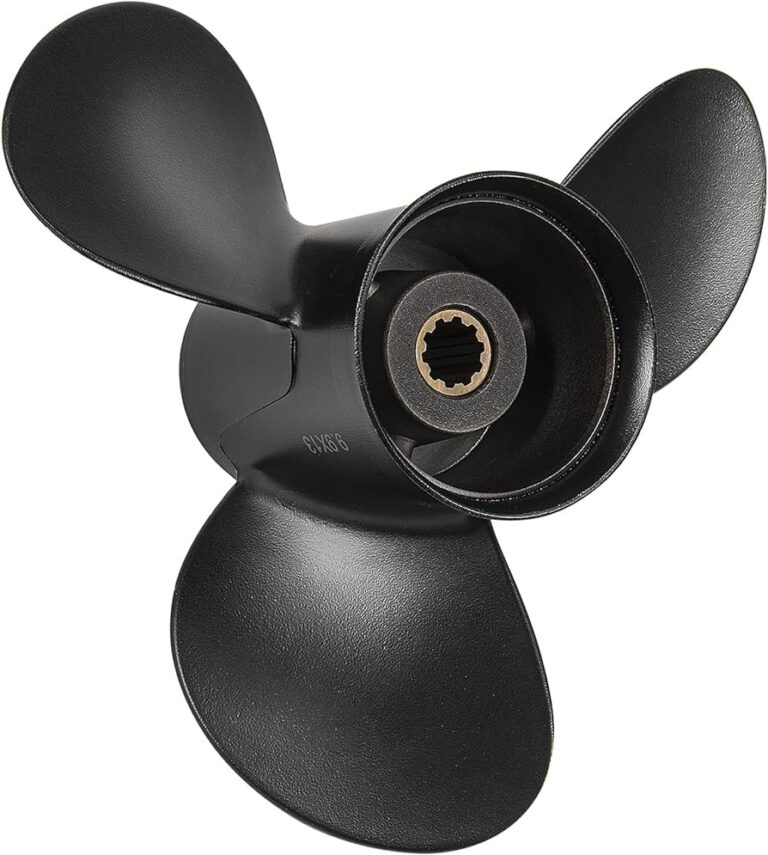Can You Flood a Diesel? Learn the Truth Behind Engine Flooding
No, you cannot flood a diesel engine with fuel. Diesel engines operate differently than petrol engines and are not at risk of being flooded with fuel.
Understanding Engine Flooding
What is engine flooding? Engine flooding refers to a condition where excessive fuel enters the combustion chamber, making it difficult for the engine to start or run smoothly.
How does engine flooding occur? Engine flooding can occur due to a variety of reasons, such as a malfunctioning fuel injection system, a faulty carburetor, or an incorrect air-fuel mixture. In diesel engines, flooding can happen when there is an excessive amount of fuel in the combustion chamber.
The difference between engine flooding in diesel and gasoline engines While engine flooding can occur in both diesel and gasoline engines, the causes and symptoms may vary. In gasoline engines, flooding is more common and often happens due to issues with the carburetor. On the other hand, diesel engines are less likely to flood as they work differently and have different fuel systems.
Signs Of A Flooded Diesel Engine
Signs of a flooded diesel engine can be identified through a few common symptoms. One of the most noticeable signs is black smoke coming from the exhaust. This visual indicator is often accompanied by a strong smell of petrol near the exhaust. Another sign is the engine either not starting at all or quickly dying after starting. Additionally, fast cranking or a whirring sound when turning the key in the ignition can indicate a flooded diesel engine.
When water gets into a diesel engine, it can cause various problems. Water can lead to rusting of steel and iron components, resulting in loose particles that can clog fuel filters. While older carbureted engines were prone to flooding, newer fuel-injected engines are less susceptible to this issue. Diesel engines, in general, are not typically at risk of being flooded with fuel.
Overall, if you notice any of these signs, it is important to address the issue promptly to avoid further damage to the diesel engine.
Can You Flood A Diesel Engine?
| Understanding the differences between diesel and gasoline engines in terms of flooding |
|---|
| Diesel engines and gasoline engines operate differently when it comes to the possibility of flooding. Unlike gasoline engines, diesel engines do not rely on spark plugs for ignition. Instead, they use compression to ignite the fuel. This means that diesel engines are less prone to flooding as there is no risk of spark plugs getting wet and causing a short circuit. Additionally, diesel fuel is less volatile than gasoline, making it less prone to vapor lock, which can also contribute to engine flooding. Overall, diesel engines have a lower risk of flooding compared to gasoline engines. |
| Reasons why diesel engines are less prone to flooding |
|---|
| – Diesel engines do not rely on spark plugs for ignition – Diesel fuel is less volatile than gasoline – Compression ignition reduces the risk of spark plugs getting wet – Less risk of vapor lock compared to gasoline engines – Diesel engines have lower potential for flooding compared to gasoline engines |
So, in conclusion, diesel engines are generally not at risk of flooding like gasoline engines due to their unique ignition system and the properties of diesel fuel. This makes diesel engines more reliable in scenarios where there is a higher chance of encountering water or flooding. If you suspect your diesel engine is flooded, it is recommended to consult a professional mechanic for proper evaluation and troubleshooting.
Preventing Engine Flooding In Diesel Engines
Regular maintenance and inspection play a crucial role in preventing engine flooding in diesel engines. By following a few tips and techniques, you can avoid common mistakes that may lead to engine flooding.
First and foremost, make sure to check and replace the fuel filters regularly. Fuel filters prevent contaminants and water from entering the engine, thus avoiding potential flooding. Additionally, keep an eye on the fuel system for any signs of leaks or damage.
Another important aspect is to be mindful of the fuel quality. Diesel fuel should be free from water and any other impurities. Water in diesel fuel can cause rusting of components and clog the fuel filters, leading to engine flooding.
Lastly, properly maintaining the heating system is crucial. Make sure the heater plugs are functioning correctly, especially during cold weather, as this contributes to easy starting and prevents flooding.
In summary, by prioritizing regular maintenance, careful inspection, and following these preventive measures, you can effectively prevent engine flooding in diesel engines.
Handling A Flooded Diesel Engine
Handling a flooded diesel engine can be a troublesome situation. If your diesel engine gets flooded, it’s important to take proper measures to resolve the issue. Firstly, it is crucial to avoid starting the engine as it can cause more damage. Instead, remove the spark plugs and crank the engine to expel excess fuel. If the flooding is severe, you may need professional assistance and specialized tools to handle the situation effectively. A professional technician will be able to diagnose the problem and provide the necessary repairs.
Remember, taking immediate action is essential to prevent further damage to your diesel engine. In some cases, water can enter the fuel system, causing rust and clogging fuel filters. Hence, it is important to address the issue promptly. By following a step-by-step guide, you can effectively handle a flooded diesel engine and minimize any potential damage.

Credit: www.cnn.com
Frequently Asked Questions For Can You Flood A Diesel
How Do I Know If My Diesel Engine Is Flooded?
To know if your diesel engine is flooded, look for these signs: – Strong smell of petrol near the exhaust – Black smoke coming from the exhaust – Engine won’t start or starts and quickly dies – Fast cranking or a whirring sound when turning the key in the ignition.
What Happens To Diesel When Water Gets In?
When water gets into diesel, it causes rust and clogs fuel filters. Diesel engines are not usually at risk of being flooded with fuel.
What Will Ruin A Diesel?
Accidentally mixing gasoline with diesel will ruin a diesel engine. Water in the fuel system causes rust and clogs filters. However, diesel engines do not usually get flooded with fuel like gasoline engines.
Can You Flood An Engine With Fuel Injection?
No, flooding an engine with fuel injection is unlikely as newer fuel-injected engines are designed to operate within normal tolerances and are immune to flooding. This problem was more common with carbureted cars.
Conclusion
To sum it up, flooding a diesel engine is not a common occurrence. Unlike petrol engines, diesel engines are not at risk of being flooded with fuel. However, if there is a malfunction in the fuel injection system, such as a broken spring inside the injector, it could potentially cause flooding.
It is important to remember that the presence of water in diesel fuel systems can lead to various problems, such as rust formation and clogged fuel filters. Therefore, regular maintenance and proper fuel management are essential to prevent any issues with diesel engines.








